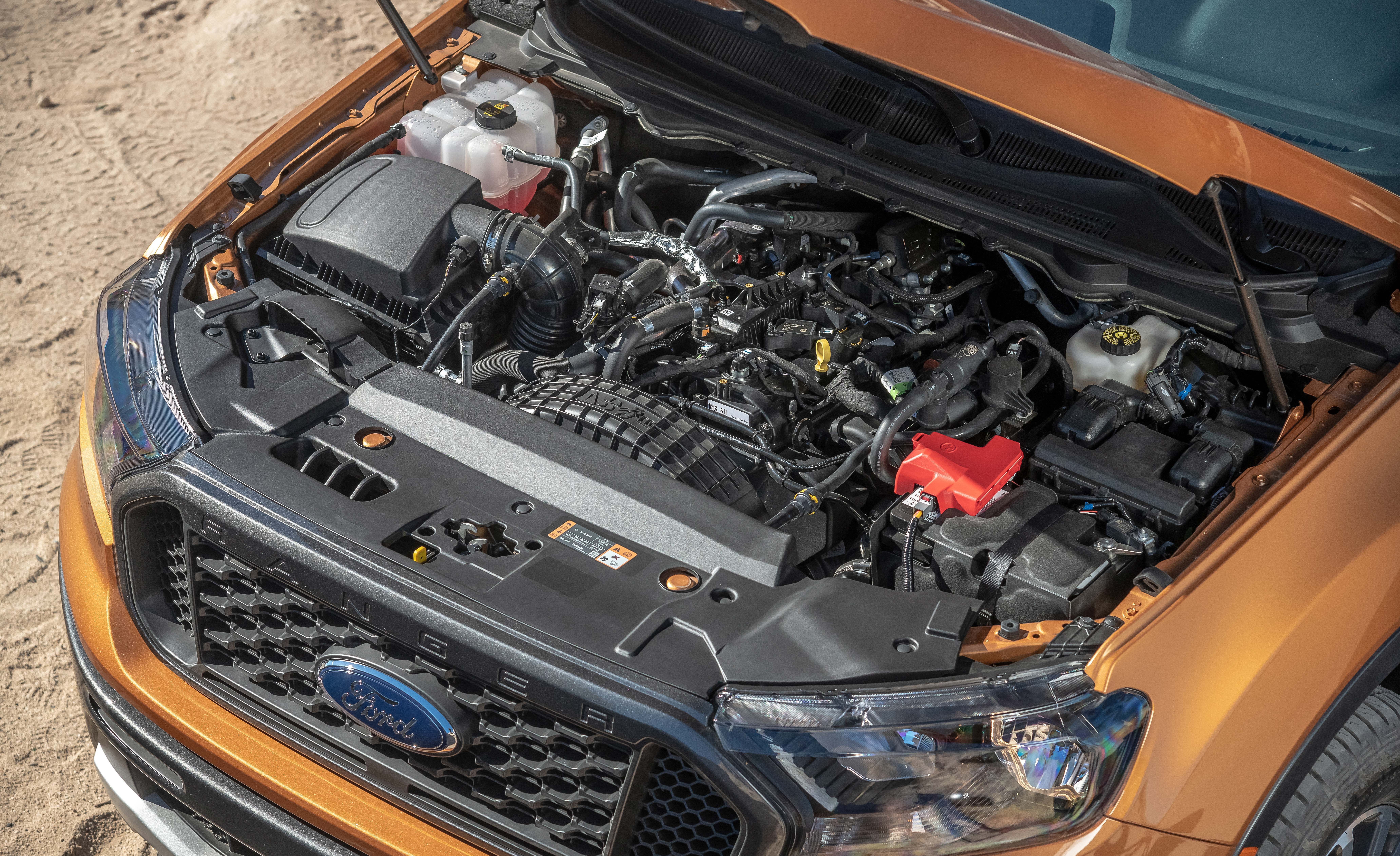Explore the Key Features of the 2.2 Ford Ranger Engine and Its Fuel Efficiency
Explore the Key Features of the 2.2 Ford Ranger Engine and Its Fuel Efficiency
Blog Article
What Makes a Car Engine Run Efficiently: Leading Tips for Ideal Treatment
The smooth procedure of a cars and truck engine is fundamental to both efficiency and longevity, making ideal care a necessary duty for vehicle owners. What particular steps should you prioritize to ensure your engine continues to be in peak condition?
Routine Oil Adjustments
One of the most critical elements of cars and truck maintenance is ensuring your engine obtains routine oil adjustments. Engine oil lubes internal components, decreases rubbing, and aids preserve optimum operating temperature levels. Over time, oil deteriorates because of warmth, contaminants, and the natural byproducts of combustion, bring about reduced efficiency and possible engine damages.
Many producers recommend changing the oil every 5,000 to 7,500 miles, yet this period can vary based on driving problems and oil kind. For circumstances, artificial oils might permit longer periods in between modifications. Regular oil adjustments not just enhance engine efficiency however additionally enhance fuel efficiency, as tidy oil promotes smoother procedure.
Ignoring oil adjustments can cause sludge accumulation, which impairs circulation and can bring about severe engine problems. It is essential to check oil levels consistently and monitor for any type of uncommon adjustments in color or consistency, which might show contamination or degradation.

Keeping Coolant Levels
Maintaining proper coolant levels is crucial for preventing engine overheating and making sure optimum efficiency. The coolant, typically a mix of water and antifreeze, distributes through the engine, taking in warmth and preventing thermal stress. Insufficient coolant can cause boosted engine temperature levels, which might create extreme damages or perhaps overall engine failure.
To maintain optimal coolant levels, frequently check the coolant tank, normally found in the engine bay. Make sure the coolant is filled up to the suggested mark, as suggested in your car's owner manual. It is recommended to inspect the levels at least as soon as a month or eventually journeys, particularly during extreme weather conditions.
If you see that the coolant degree is regularly low, there might be a leakage in the air conditioning system, which must be attended to immediately to avoid further difficulties. 2.2 ford ranger engine. In addition, purging the coolant system every two to three years can aid eliminate any type of accumulated debris and make sure effective heat exchange
Checking Air Filters

It is recommended to inspect the air filter every 12,000 to 15,000 miles, or more often if driving in adverse or messy conditions. A straightforward visual assessment can frequently expose whether the filter is dirty or damaged. It needs to be replaced immediately. if the filter shows up discolored or has noticeable dirt buildup.
Utilizing a premium air filter made for your certain car design can further Going Here enhance engine performance. Furthermore, some lorries may profit from multiple-use filters that can be cleaned and his response reinstalled, offering a eco pleasant and cost-effective option.
Inspecting Flicker Plugs
Ignition system are crucial parts of a lorry's ignition system, straight affecting engine performance and efficiency. They develop the trigger that sparks the air-fuel blend in the combustion chamber, facilitating the engine's power generation. Regular examination of trigger plugs is vital for preserving optimal engine feature and protecting against prospective issues.
Dark soot or oil down payments can indicate inappropriate burning, while a white or blistered look may recommend overheating. Both conditions need immediate focus to protect against more engine damages.
It's recommended to examine spark plugs every 30,000 miles, or as recommended in your lorry's owner manual. In addition, think about replacing them according to the manufacturer's standards, as old or worn ignition system can bring about misfires, minimized gas effectiveness, and increased discharges.
Monitoring Tire Stress
Under-inflated tires can lead to decreased fuel efficiency, enhanced tire wear, and jeopardized handling. Routine tracking of tire stress is crucial for see here optimum vehicle operation.
Tire pressure should be checked a minimum of when a month and eventually trips. Utilize a reliable tire pressure gauge to measure the stress when the tires are cold, preferably prior to the vehicle has been driven for a minimum of three hours. Refer to the vehicle's owner manual or the placard located on the chauffeur's side door jamb for the maker's advised stress degrees.
It is very important to keep in mind that tire pressure can vary with adjustments in temperature level; a decrease of 10 ° F can lead to a 1-2 psi reduction in pressure. Additionally, aesthetically check tires for any type of indicators of wear or damages throughout your surveillance regimen. Preserving appropriate tire pressure not just enhances car safety but additionally boosts gas effectiveness and prolongs tire life, ultimately adding to a smoother engine efficiency.
Final Thought
To conclude, maintaining a car engine's smooth procedure needs persistent attention to several vital aspects. Regular oil adjustments, appropriate coolant levels, tidy air filters, well-kept ignition system, and optimal tire stress collectively add to boosted efficiency and long life. Complying with these maintenance methods not only enhances gas performance but likewise promotes a much safer driving experience. Ultimately, a proactive approach to engine care is vital for making certain dependability and functionality gradually. 2.2 ford ranger engine.
One of the most crucial elements of auto maintenance is ensuring your engine gets routine oil adjustments. Engine oil lubes internal components, decreases friction, and assists keep optimal operating temperatures. Regular oil modifications not only enhance engine efficiency however additionally boost gas performance, as tidy oil advertises smoother procedure.
Insufficient coolant can lead to increased engine temperatures, which may cause severe damage or even total engine failure.

Report this page